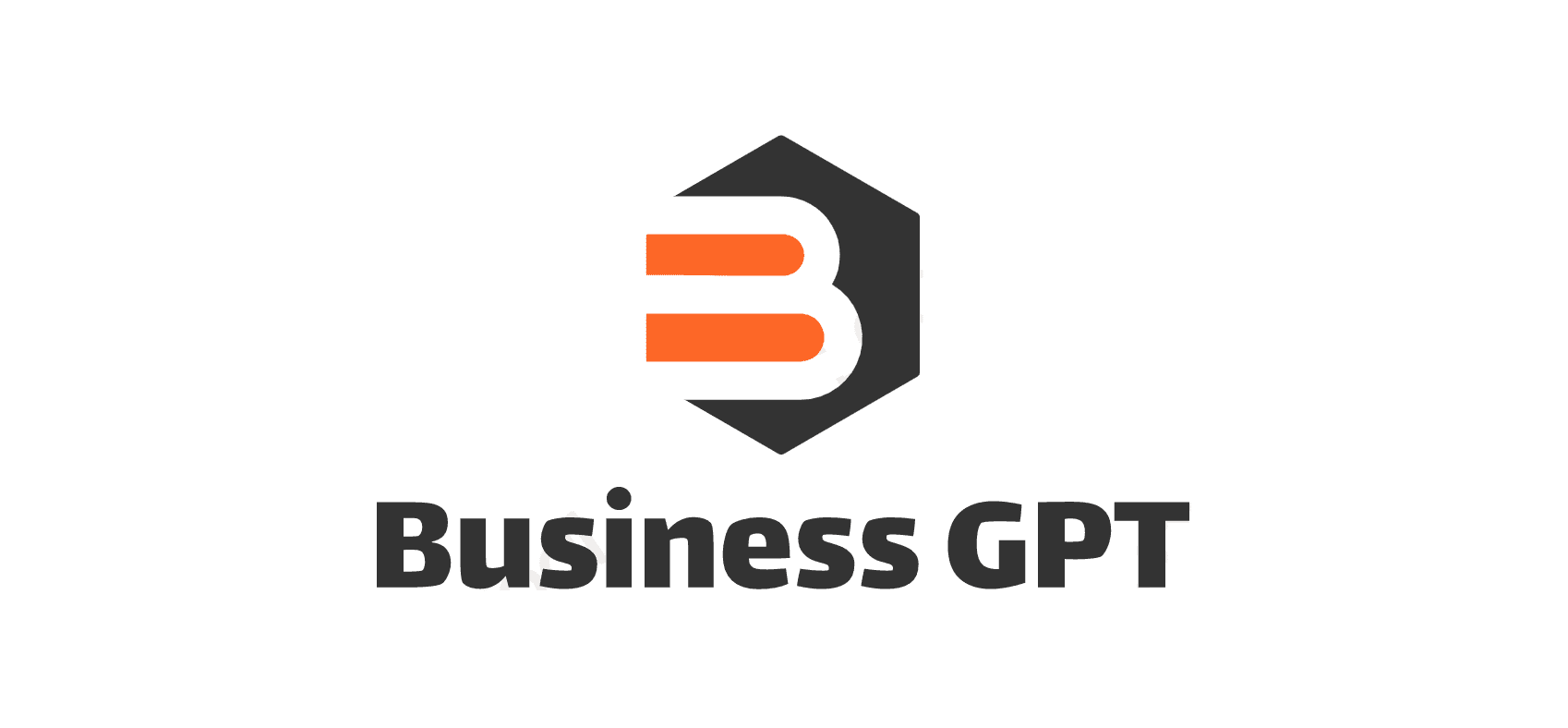Why Is Employee Recognition So Important?

Do you want to keep your employees motivated, happy, and productive?
Then recognition should be at the top of your priority list. Employee recognition is more than just a pat on the back or an occasional “thank you” note. It’s about acknowledging hard work.
Read on then as we’ll explain why employee recognition is so important for businesses. From boosting productivity to attracting top talent – we’ve got it covered!
So let’s get started!
Employee Motivation and Morale
Motivated employees are the backbone of a successful business. Employee recognition is an effective way to keep your team motivated and engaged. This leads to increased morale.
When employees feel appreciated for their hard work, theyre more likely to be invested in their jobs and take pride in what they do. On the other hand, when employees don’t receive recognition for their achievements or contributions, it can lead to low morale.
Furthermore, recognition doesnt have to involve grand gestures or significant monetary rewards. A simple “thank you” note or shout-out during a meeting can go a long way towards making an employee feel valued and appreciated.
Increased Productivity
When employees feel valued and appreciated, they are more likely to put in extra effort to meet their targets and exceed expectations. Recognizing employees’ contributions can help them stay motivated to work harder.
This leads to an overall increase in employee productivity. Employees who receive regular feedback and recognition tend to be more engaged with their work. This translates into higher levels of efficiency and output.
Retention and Loyalty
Employee recognition plays a significant role in retaining employees and fostering their loyalty towards the organization. When employees feel valued, they are more likely to stay with their current employer. They would not rather look for job opportunities elsewhere.
Retention and loyalty are crucial for any business. This is because high employee turnover can result in:
- increased costs
- decreased productivity
- loss of valuable knowledge
- loss of valuable skills
However, recognizing employees’ contributions to the company’s success can prevent them from seeking other options that offer better compensation or opportunities.
Improved Employee Satisfaction
Employee satisfaction is an essential aspect of any company’s success. When employees are happy and satisfied, they tend to be more motivated and productive in their work. Employee recognition plays a crucial role in improving employee satisfaction levels.
Employee recognition programs can provide opportunities for professional growth through training or mentoring initiatives based on individual performance goals rather than just standard metrics such as sales quotas or customer retention rates.
Recognizing your employees achievements improves job satisfaction levels. This leads to increased engagement with their work. This creates a positive environment.
Enhanced Teamwork and Collaboration
When team members are recognized for their efforts, they are more likely to feel motivated to work together towards achieving common goals. Employee recognition programs can reinforce the importance of collaboration.
This encourages individuals to support each other’s success. This creates a culture that values working as a team rather than competing against one another.
Collaboration also leads to increased innovation. When employees work together, they can share ideas and perspectives that may not have been considered otherwise.
Through recognition programs, employees are encouraged to collaborate more often. This of which leads to greater creativity in problem-solving with collaboration and teamwork.
Positive Company Culture
Positivity refers to the set of values, beliefs, and behaviors that define how employees interact with each other and their work environment. When recognition is a part of company culture, it fosters an atmosphere of appreciation and gratitude.
With recognition as a core value within the organization, it becomes easier for colleagues to support one another in achieving common goals. In turn, this builds stronger relationships among team members. This then translates into better communication channels throughout departments.
Reinforcement of Desired Behaviors
Employee recognition programs also serve as a powerful tool for reinforcing desired behaviors in the workplace. When employees are recognized and rewarded for exhibiting positive behavior, they are more likely to continue doing so.
For example, if an employee consistently goes above and beyond their job duties, recognizing them for their efforts can reinforce that behavior. It can encourage them to keep up the good work.
This leads to a culture of excellence where all employees strive to perform at their best. Recognizing desired behaviors is not only beneficial for the individual being recognized. It is also for the entire team.
This is because it sets clear expectations of what is expected from everyone and reinforces values that align with company goals.
Boosted Employee Engagement
One way to increase employee engagement is through recognition programs that reward:
- good performance
- achievement of goals
- outstanding contributions
When employees feel appreciated and valued for their hard work, they become more invested in their job. This leads them to take pride in what they do.
Another effective way to boost employee engagement is by providing opportunities for professional development and growth. Another idea is to buy sales awards and give these to well-performing employees.
Employees who feel that they have room for advancement within an organization are more likely to be engaged with their work. This is because they look forward towards future career prospects.
Understand Why Is Employee Recognition So Important
Employee recognition is something that should not be overlooked. It not only boosts morale and productivity levels, but it also shows appreciation to those who work hard to make your business successful.
Make sure to take the time to recognize your employees for their efforts and show them that they are valued. Start by saying thank you more!
Visit our blog for more informative articles.




